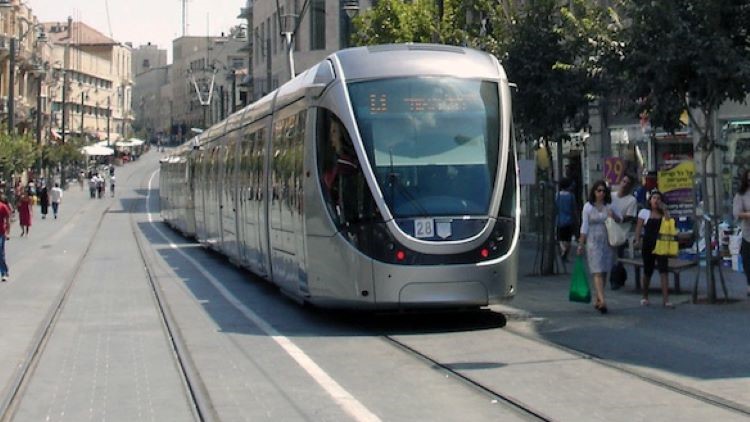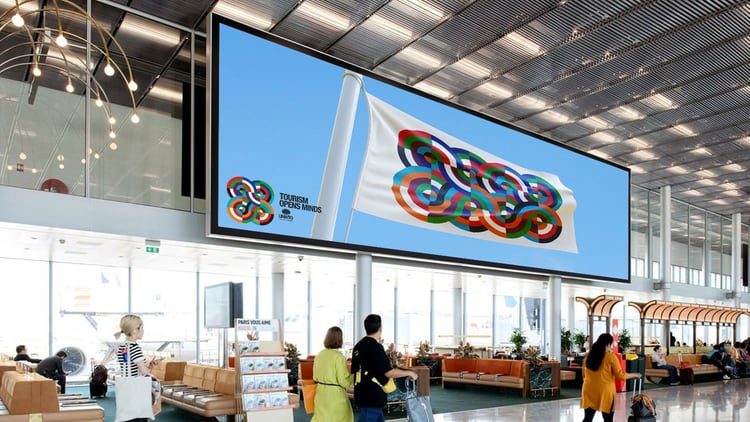The Diplomat
The Catalan infrastructure company COMSA has been awarded the construction and maintenance of the new blue line of the Jerusalem tramway for 2.2 billion euros, despite a UN Human Rights Council ruling that declared the tramway project illegal for communicating with Israeli-occupied Palestinian territory.
As reported by the Spanish business daily Expansión and the Israeli daily Noticias de Israel – quoting the Israeli Ministry of Finance – the beneficiary of the contract is a consortium formed by COMSA and its Israeli partners of J-Train. Under the contract, COMSA will be responsible for building and maintaining the new streetcar line for a period of 35 years. It is estimated that 66 double streetcars, carrying around 250,000 people a day, will run on the 31-kilometer-long railway, which will connect the north and south of Jerusalem.
COMSA won the tender over the Basque company CAF, which already operates two other streetcar lines – the red and the green – together with its Israeli partner Shapir. This is not the only railway project that CAF has been trying to win, pending the decision of the Israeli authorities. Last June, the Guipuzcoan manufacturer submitted its proposals -together with three other consortiums- for the construction of a light rail linking Haifa with Nazareth.
The participation of CAF and two other Spanish companies (GMV and TYPSA) in the tramway – and presumably also that of COMSA – has generated much controversy because the route of the light rail reaches areas of Palestinian territory that, according to the UN, are occupied by Israel.
In 2017, as warned by Amnesty International and recalled this past Friday by the Committee for Solidarity with the Arab Cause, the UN Human Rights Council declared the tramway project illegal because it violates several of its resolutions and, in fact, other international railway companies ruled out going to the public tender for that reason.
The Spanish Ministry of Industry, Trade and Tourism had also asked CAF and GMV to submit within a year an “independent third party” analysis to assess the impact of their work on the working population, while reminding these companies of the OECD guidelines for multinational companies. CAF responded with a report, advanced by El Periódico de España, which concludes that “CAF’s activities in East Jerusalem do not suggest a scenario of failure of its human rights due diligence systems.” However, the report eludes any explanation of the impact of the light rail on an occupied territory.
For its part, the Foreign Ministry warned Spanish companies in 2014 of the risks associated with economic and financial activities in Israeli settlements, “in line with the EU decision and as have Germany, the UK, France and Italy.” The EU and the United States do not recognize as Israeli the occupied Palestinian territories, including the settlements, part of which would be connected to the Israeli part of Jerusalem via the light rail.







